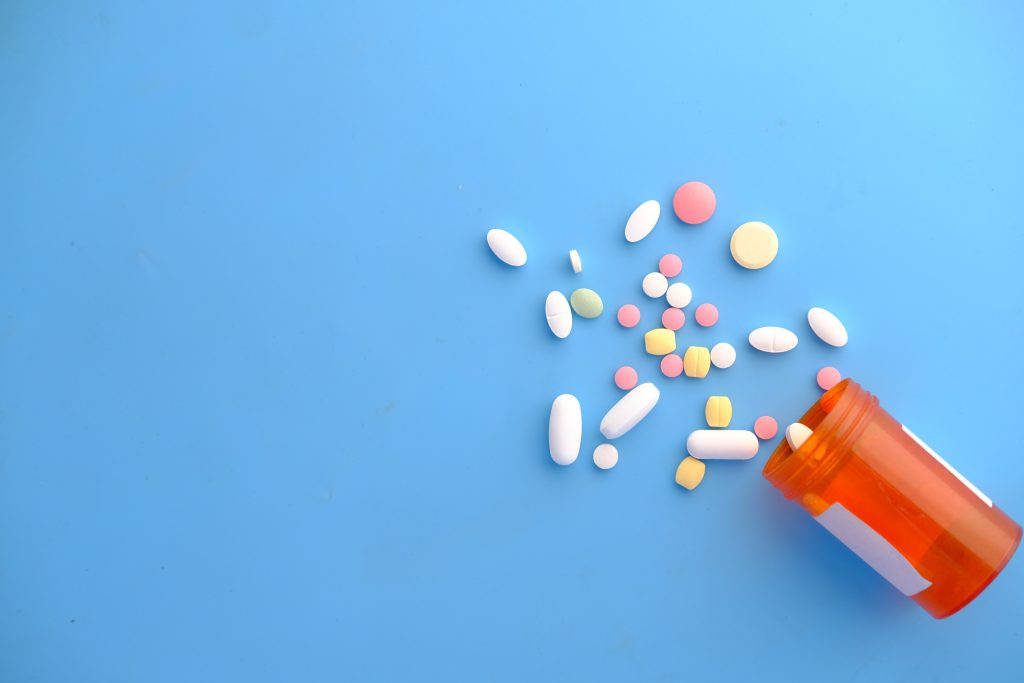
March 1, 2024 By Carol Britton Meyer
Hingham has received nearly $250,000 to date as part of a settlement to resolve opioid litigation brought by states against large pharmaceutical manufacturers and distributors.
Hingham’s share of overall national opioid settlements through 2038 is $1.2 million, with more of these funds becoming available at a later time through a number of other settlement agreements.
Town officials are in the process of deciding how to best allocate these funds to address substance misuse and related issues in the community.
The need in Hingham is real, according to Elizabeth Miller, the town’s new social worker/opioid use disorder program coordinator. She delivered the sobering news that 279 Hingham residents were evaluated for substance use disorder in South Shore Hospital’s emergency department over the past year during a recent Select Board discussion on how to best use these funds.
The substances involved were not disclosed, but Miller said this number “indicates that something is going on in Hingham” — also noting concerns about the stigma attached to substance misuse.
Miller, who was hired in January, worked in treatment facilities for a number of years and spent the past month or so working with various organizations and South Shore Hospital’s substance use disorder department to gather information.
Town Meeting 2023 supported appropriating part of these overall funds –namely, the $250,000 received so far — for specific purposes under warrant article 6.
Four main categories
“The four main categories the settlement money can be used for are prevention, harm reduction, treatment, and recovery,” Miller explained.
At the same meeting, the Select Board voted to authorize spending $8,500 from the town’s opioid special revenue fund to pay Miller’s salary for the remainder of the fiscal year.
Part of the Fiscal 2024 plan presented by Miller includes allocating $16,000 of the settlement funds for community outreach through events and sponsorships; programs and training; community scholarships; outreach to the public, the schools, and town entities about risk factors leading to substance misuse and the signs and symptoms associated with it; and marketing and supplies.
“We want to use these funds during the remaining four months of this fiscal year to the best of our ability, rolling out some of these programs — with more opportunities to use [more of this settlement money] in the next fiscal year,” Miller explained. “We will evaluate [how things go during the] next four months and change things where we need to.”
However, that part of the discussion was continued pending further details about how the $16,000 would be spent at the request of Select Board member William Ramsey.
“While I appreciate these kinds of programs [as outlined above], I’d like to see most of this money go toward treatment to help as many people as possible,” he said, after having spoken with families affected by substance use disorder. “I’d rather give someone a bed in a [treatment] facility.”
Miller noted that it’s also important to focus on prevention and post-treatment and to compile a list (in progress) of qualified treatment centers and sober houses “that we feel comfortable giving [settlement money to in exchange for services] and that provide people with the best quality care.”
Providing the necessary tools
Another goal is to provide community members, school staff, and first responders “with the tools to help prevent substance use disorder as well as utilize funds for vouchers to get people into treatment and then sober homes,” Miller said.
There’s a reporting process for communities that receive settlement funds to follow to ensure the money is utilized properly.
In recognition of the fact that there is a need for these services in Hingham, Chair Liz Klein said she wants “to meet people where they are and help them access the services they need, using this settlement money in the best way possible.”

